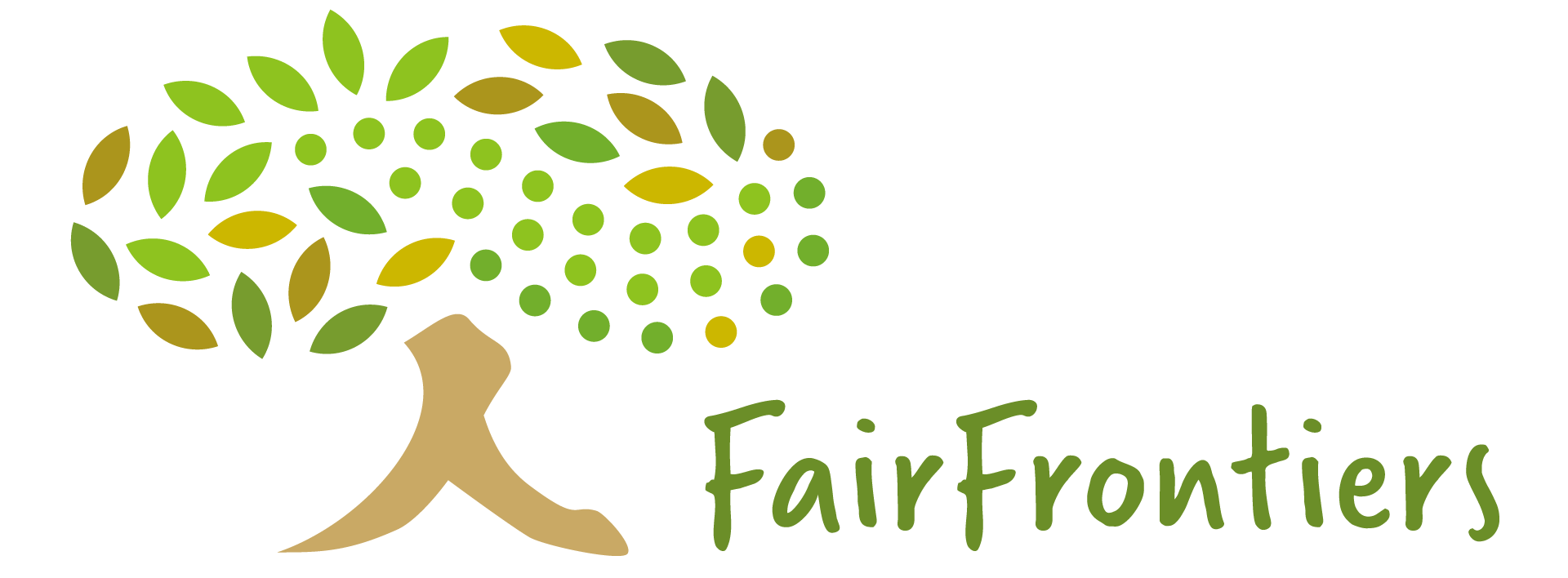Bangkok, Thailand / Online
28 February – 3 March 2023
“Bridging Peace and Sustainability amidst Global Transformations”
Session 2.10: Ecosystem (dis)services and human well-being dynamics in changing landscapes: Exploring the links, synergies and trade-offs
Chairs: Catherine M Hepp and Ahmad Dhiaulhaq (Research Institute for Humanity and Nature, Japan)
Discussant: Maike Hamann (Stellenbosch University, South Africa)
There are two dominant pathways in current land use change trends: land is either used more intensively than it was previously (e.g., a shift to large-scale palm oil plantations or monocultures of fodder maize) or it is scaled back (e.g., establishments of conservation areas or agricultural abandonment). Such changes not only leave a mark on the environment but also impact human well-being through the interaction of natural resources with human, social and built capital.
Since it was first coined in the 1960s, the concept of ‘ecosystem services’ has gradually emerged as a component of sustainable development and environmental studies. Though ecosystem services are defined as the benefits people obtain from their ecosystem (e.g., food, clean water, recreation), the concept also includes those that have an adverse impact on human well-being and are then referred to as ecosystem disservices (e.g., natural disasters, pests, diseases). However, while ecosystem services are increasingly recognized, there is still a poor understanding of how they exactly enhance human well-being, especially the non-material dimension, as few studies have investigated such links. The adverse impacts of ecosystem disservices on human well-being are even less understood.
Through this panel, we hope to share findings, insights and comparisons across diverse global regions in an attempt to shed light on the links between ecosystem (dis)services and human well-being within changing landscapes. Specifically, we question i) which ecosystem (dis)services are affected and how; ii) where are the synergies and trade-offs between individual ecosystem (dis)services and/or between ecosystem (dis)services and human well-being; and iii) what are the conducive socio-economic settings.
Keywords: ecosystem (dis)services, human well-being, land-use change
